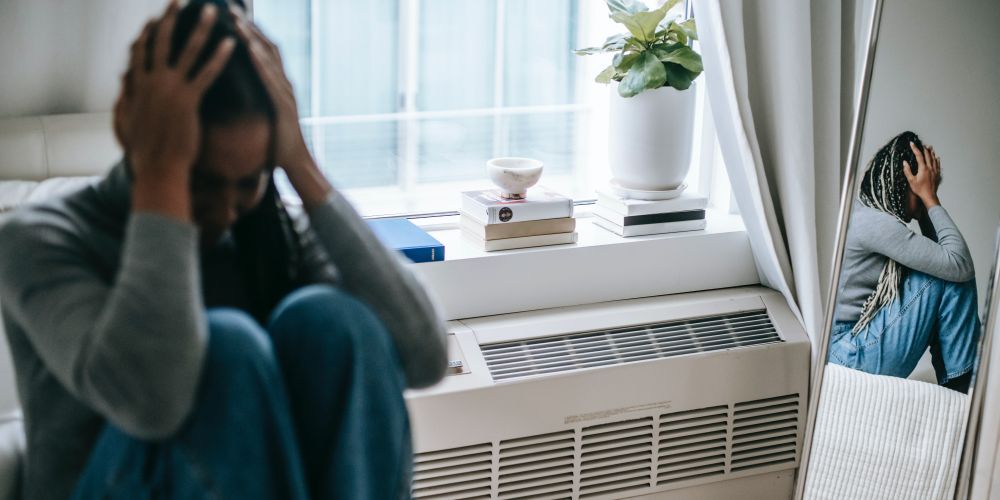March 3, 2021

Anxiety is a debilitating feeling that can disrupt many simple day-to-day tasks. For some, they experience it more intensely than others. In 2013, an estimated three million Canadians aged 18 years or older reported that they had a mood or anxiety disorder. Anxiety can stop someone from going out and being social, attending school, being in a relationship, or joining athletic/recreation clubs.
There are 11 types of anxiety disorder: agoraphobia, body-focused repetitive behaviours, generalized anxiety disorder, health anxiety, hoarding disorder, obsessive-compulsive disorder, panic disorder, PTSD, separation anxiety, social anxiety, and specific phobias. You can read about them in more detail here. Many share common symptoms that affect physical responses, thoughts, emotions and behaviours.
People with Generalized Anxiety Disorder (GAD) worry excessively and uncontrollably about daily life events and activities; they worry more, and more often about things than other people do. Worry becomes excessive and uncontrollable when it becomes hard to stop worrying once started. People with GAD worry about minor matters and small decisions. These symptoms can manifest in the body, resulting in feelings of restlessness, irritability, problems sleeping, elevated heart rate, sweaty palms, and muscle pains and fatigue, to name a few.
A common symptom of general anxiety disorder is worry that has a 'chaining' effect, where worries chain together to create increasingly unlikely and catastrophic scenarios. An example of this is: “What if I don’t have enough money to pay the bills? Well, I could probably borrow money from family or from the bank; but what if no one lends me the money? I might get another job; but what if I don’t find another job that pays more, etc.”
Many adults with general anxiety disorder are perfectionists and have the need to spend hours on a simple task to make sure that it is completely perfect. They are also intolerant of uncertainty. Many situations have an uncertain outcome – you are not able to be 100% sure what is going to happen. People with GAD are more likely to find these situations distressing.
One way to combat negative thoughts is to keep a thought journal. Write down any negative or unhelpful thoughts that come up during the day, and for each negative thought, write down an encouraging helpful thought.
If you or someone you know has GAD, what can you do? Anxiety Canada has a wonderful resource called The CARD System (comfort, ask, relax, distract) which provides a strategy for individuals to self soothe in situations where their anxiety is activated. Over time, helpful thoughts will come naturally.
If you are in crisis or you think you may have an emergency, call your doctor or 911 immediately. If you're having suicidal thoughts, call 1-833-456-4566 to talk to a skilled, trained responder at a crisis center in your area at any time (Crisis Services Canada).

GOeBlogger is a health enthusiast and avid reader living and thriving in vibrant Vancouver. When she's not nerding out at her laptop, you can find her exploring the beautiful BC coastline with her dog.

Connect with us online for a virtual and personal consultation for minor illnesses.
Call us at 1-866-318-4748
Send us an email
Sign up for the latest news and offers delivered to your inbox.